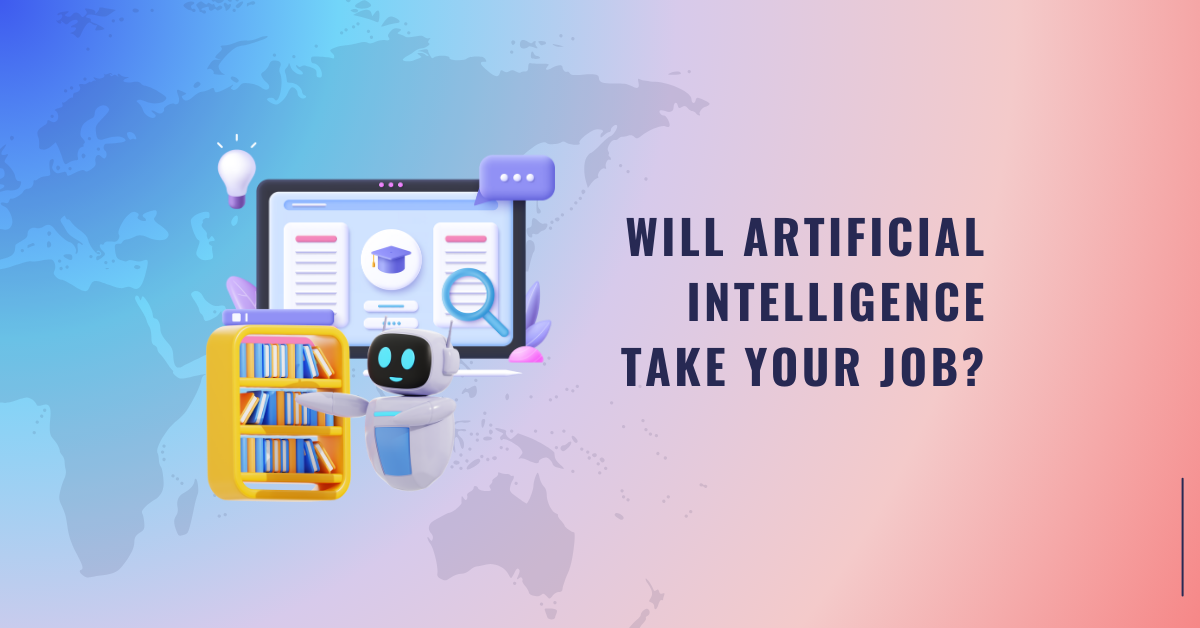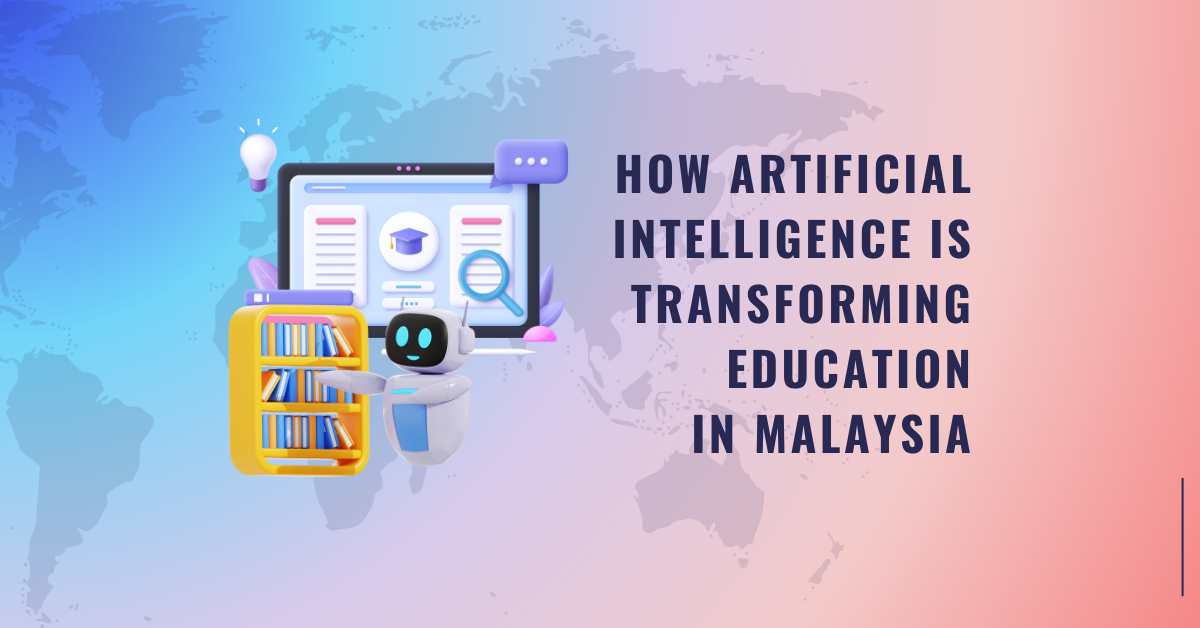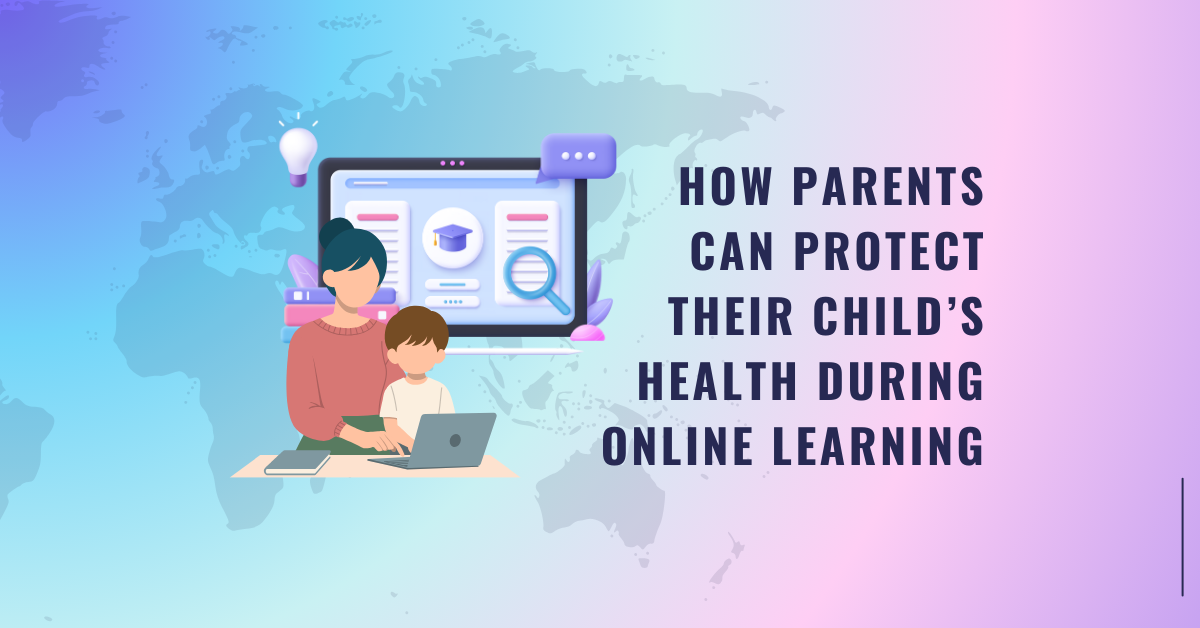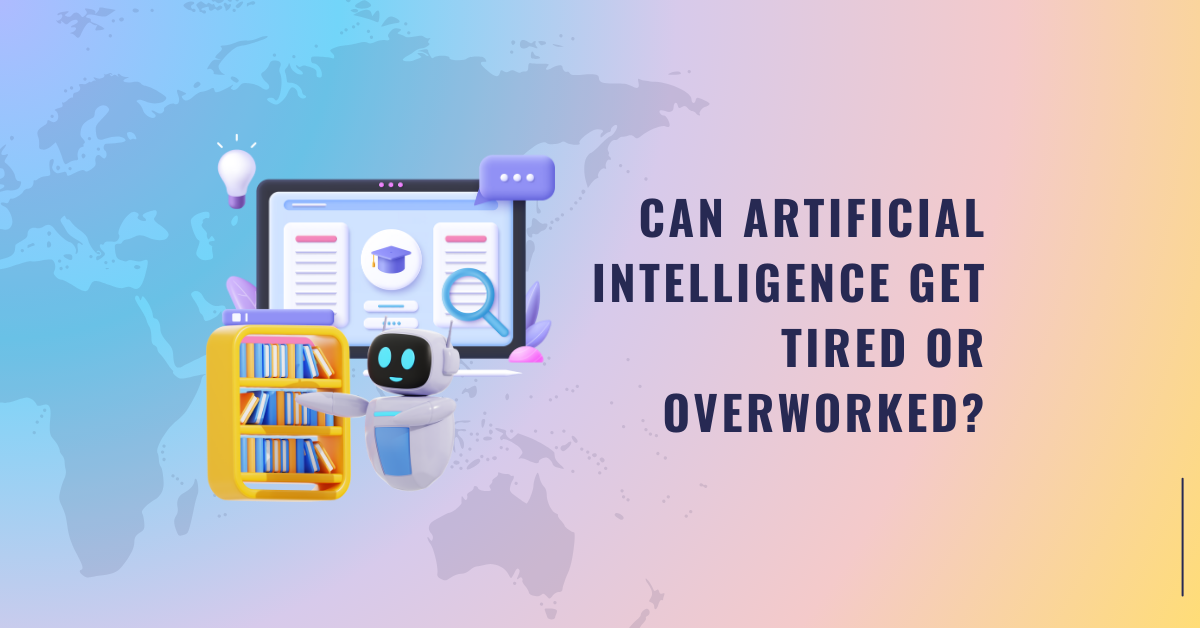

Will Artificial Intelligence Take Your Job?
This article explores the truth behind AI replacing jobs, how humans can stay relevant, and why collaboration with AI—not competition—is the future.
The rise of artificial intelligence (AI) has sparked widespread debate: Will AI replace humans? While it’s true that AI is transforming industries, the reality is far more complex. Instead of replacing humans outright, AI is reshaping how we work, learn, and collaborate. Understanding this change can help individuals adapt and thrive in an AI-driven world.
The Fear of AI Taking Over Jobs
AI systems have already replaced repetitive and manual tasks across industries. For instance:
Manufacturing: Robots handle assembly lines with precision and speed.
Customer Service: AI chatbots provide 24/7 responses to basic inquiries.
Logistics: Algorithms optimize delivery routes, replacing traditional human planning.
According to the World Economic Forum, AI could displace 85 million jobs globally by 2025. This statistic can sound alarming, but there’s another side to the story.
AI Creates More Opportunities
While AI automates tasks, it also creates new job opportunities, especially in fields that require human creativity, emotional intelligence, and problem-solving skills. For example:
- - AI requires data scientists, engineers, and programmers to build and maintain systems.
- New roles are emerging in AI ethics, oversight, and responsible development.
- Humans excel in roles that involve empathy, leadership, and creativity, such as teaching, healthcare, and design.
The same World Economic Forum report predicts that AI will generate 97 million new roles, surpassing the number of jobs displaced. This shift doesn’t eliminate work—it changes what kind of work we do.
Why Humans Are Irreplaceable
While AI can mimic tasks, it lacks key traits that make humans unique:
Creativity: AI can follow patterns, but true innovation and original thinking are human qualities.
Emotional Intelligence: Building relationships, understanding emotions, and showing empathy are beyond AI’s capabilities.
Critical Thinking: Humans assess ambiguity, make ethical decisions, and adapt to unpredictable situations—areas where AI struggles.
Industries that rely on these skills, like education, healthcare, and leadership, will always require a human touch.
How to Future-Proof Your Career in the AI Era
To thrive alongside AI, individuals need to focus on upskilling and reskilling. Here’s how:
1. Develop Digital Skills
AI literacy, programming, and data analysis are in high demand. Online platforms like Digylearn offer accessible courses to build these skills.
2. Strengthen Human-Centric Skills
Focus on skills AI can’t replace—like communication, critical thinking, and problem-solving. Roles requiring these qualities are more resilient to automation.
3. Embrace Lifelong Learning
Continuous learning is key to staying relevant. Upskilling allows professionals to adapt as industries evolve with AI.
Conclusion:
Collaboration, Not Replacement
AI isn’t a replacement for humans—it’s a tool to enhance productivity, creativity, and innovation. The future lies in collaboration, where humans and AI work together to achieve more. By embracing change and focusing on skills AI cannot replicate, individuals can unlock opportunities and thrive in the evolving world of work. So, will AI replace humans? Not entirely. Instead, it will transform how we work, offering a future where technology empowers people rather than replaces them.
Comments







Reply to Comment